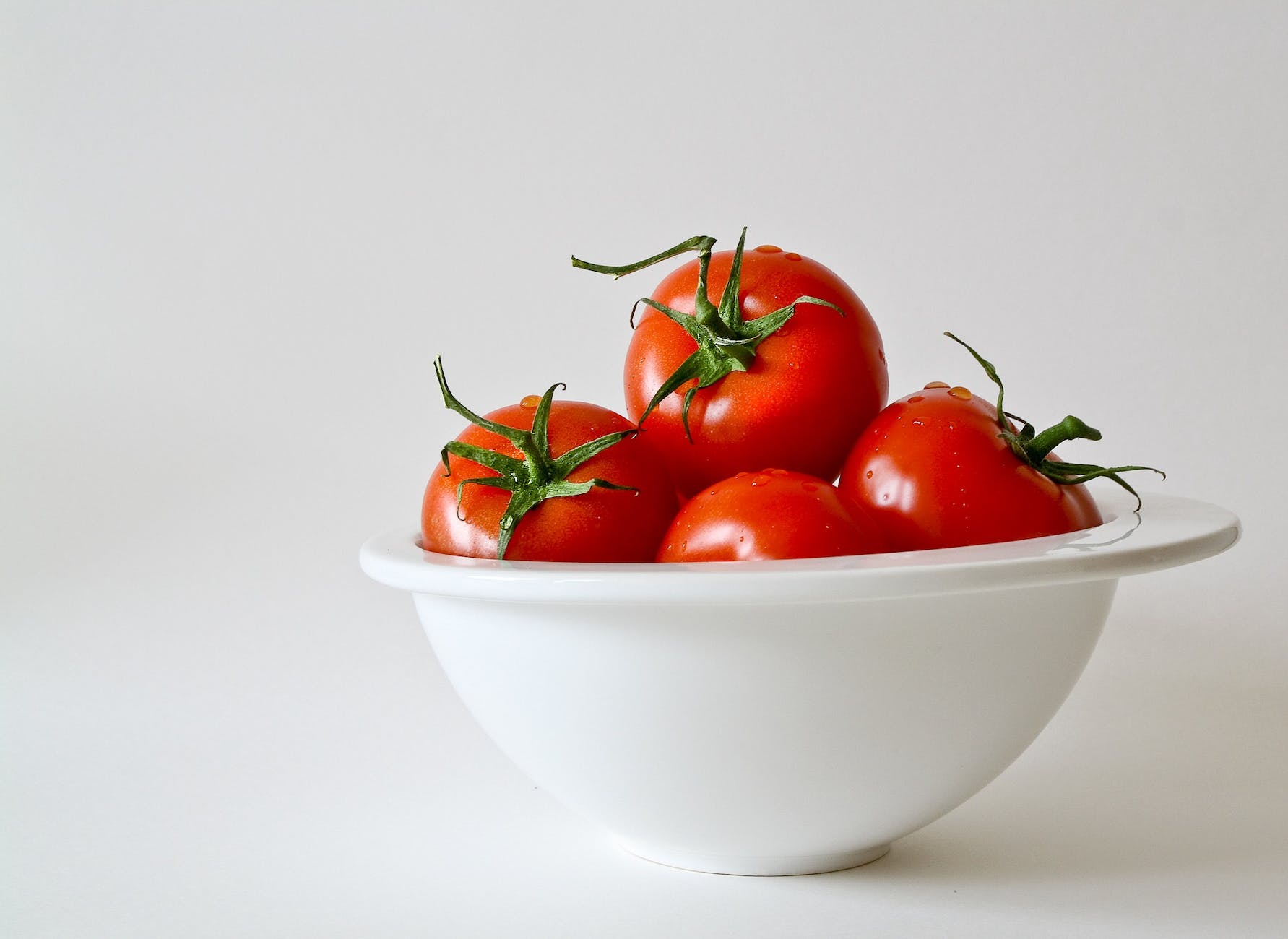
Ditch the apples—incorporating a daily tomato into your diet could prove beneficial for heart health, as suggested by a recent study published in the European Journal of Preventive Cardiology. The research indicates that tomatoes and tomato-based products may contribute to the prevention and management of high blood pressure.
Tomatoes, belonging to the nightshade vegetable family, are notably rich in potassium—a nutrient recognized for its ability to lower blood pressure by counteracting the effects of sodium in the body. They also hold a significant place in heart-healthy diets.
Rosa Maria Lamuela-Raventos, PharmD, co-author of the study and director of the Institute for Research on Nutrition and Food Safety at the University of Barcelona, emphasized the global popularity, wide availability, and affordability of tomatoes. She stated, “They are an important part of some of the best diets, including the Mediterranean diet.”
Understanding the potential role of tomatoes in managing high blood pressure and optimizing the benefits of this nightshade vegetable is crucial.
Increased Tomato Consumption Associated with Lowered Risk of Hypertension
In the recent study, over 7,000 Spanish adults, deemed high-risk for cardiovascular disease, participated by providing information on their lifestyles, health status, and dietary habits, particularly focusing on tomato consumption.
The participants’ daily intake of tomatoes, whether raw or in various forms like tomato sauce and gazpacho, was detailed in the questionnaires. The study categorized tomato consumption into four groups based on serving sizes:
- Lowest (<44 grams)
- Intermediate (44–82 grams)
- Upper-intermediate (82–110 grams)
- Highest (>110 grams)
The findings indicated an inverse relationship between tomato consumption and hypertension risk in the lowest and intermediate groups, with a notable association observed in the highest group. The research highlighted a 36% reduction in hypertension risk with higher tomato consumption, emphasizing that even moderate intake has a positive effect on lowering blood pressure.
For participants with higher initial blood pressures, the changes in blood pressure were less significant. The authors hypothesize that this could be attributed to their older age, longer-standing high blood pressure, and other pre-existing risk factors, making substantial changes more challenging.
Why Eat Tomatoes for Heart Health
Tomatoes were chosen as the focus of this research due to their widespread availability and affordability, making them a staple in various global diets.
The American Heart Association (AHA) recommends tomatoes as part of a heart-healthy diet, particularly for their role in reducing hypertension. Tomatoes are high in potassium, a key factor emphasized by the AHA in the endeavor to lower blood pressure.
Gregory Katz, MD, a cardiologist at NYU Langone Health, highlights the substantial data linking higher potassium intake to lower blood pressure. However, it remains unclear whether this association is indicative of a generally healthful diet or if potassium serves as a proxy for a reduced sodium intake, or if potassium itself is the primary influencing factor.
The established lifestyle modification of reducing sodium and increasing potassium is a recognized strategy for minimizing hypertension risk. Elevating potassium intake through tomatoes, rich in this essential nutrient, proves to be an effective approach.
Beyond potassium, tomatoes are also a valuable source of lycopene, a carotenoid with various cardiovascular benefits, including antioxidant, anti-inflammatory, anti-atherogenic, and antiplatelet effects. Research suggests that these properties contribute significantly to lycopene’s antihypertensive effects.
Tomatoes as Part of a Heart Healthy Diet
While there is a limited number of randomized clinical trials specifically focusing on tomatoes for reducing hypertension risk, their potential role is likely attributed to their potassium and lycopene content.
It’s important to note that the current study is observational, and its design restricts the ability to establish causal relationships, as pointed out by Katz. However, incorporating tomatoes into a daily diet has no known downsides or negative effects.
Numerous clinical trials have extensively researched diets known to reduce blood pressure, such as the Mediterranean diet and Dietary Approaches to Stop Hypertension (DASH). These studies emphasize the efficacy of eating patterns rich in fruits, vegetables, and whole grains for blood pressure reduction.
Simply adding a tomato a day to your diet may not independently lower blood pressure. It is essential to include tomatoes as part of a well-balanced, heart-healthy diet that incorporates whole grains, legumes, and healthy fats. Additionally, consuming a variety of high-potassium foods ensures meeting potassium needs while obtaining essential vitamins, minerals, and antioxidants.
Gregory Katz emphasizes that the most effective diet for lowering blood pressure is one that individuals can adhere to over the long term. Physical activity, potentially even more than diet, is also crucial.
Other potassium-rich foods recommended for a heart-healthy, antihypertensive diet include avocados, yogurt, bananas, oranges and orange juice, spinach, raisins, tuna, and beets. However, individuals with kidney disorders, often associated with high blood pressure, should be cautious about excessive potassium intake. Kidneys regulate potassium levels, and inefficient kidney function can lead to hyperkalemia, a serious condition associated with elevated potassium levels. Before making significant changes to potassium intake or considering potassium supplements, it is advisable to consult with a healthcare provider or a registered dietitian, particularly for individuals with kidney disorders.



